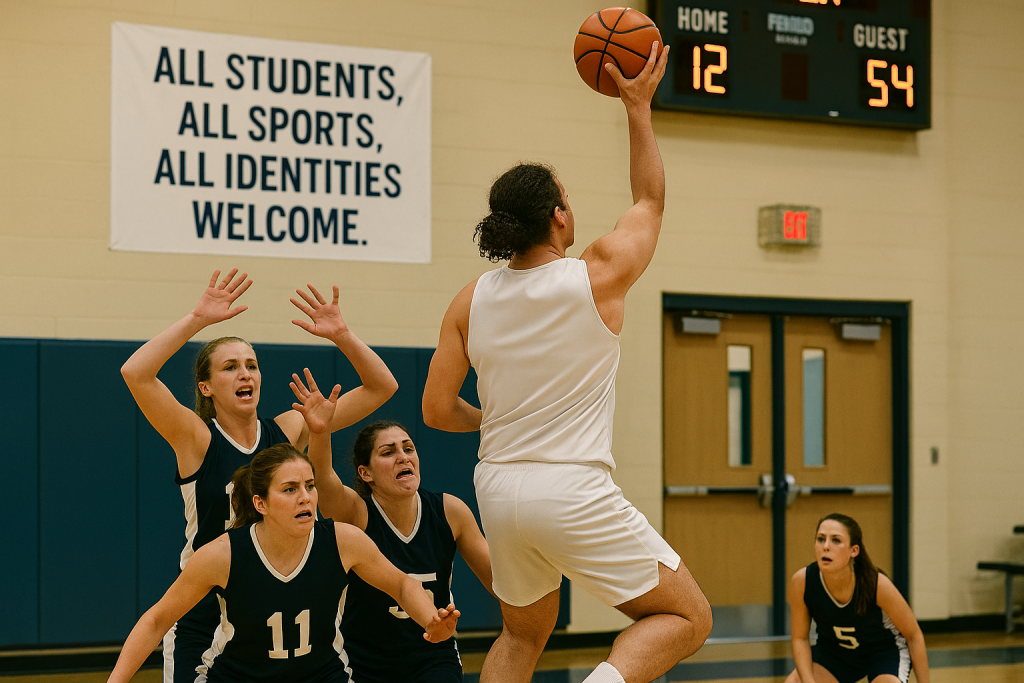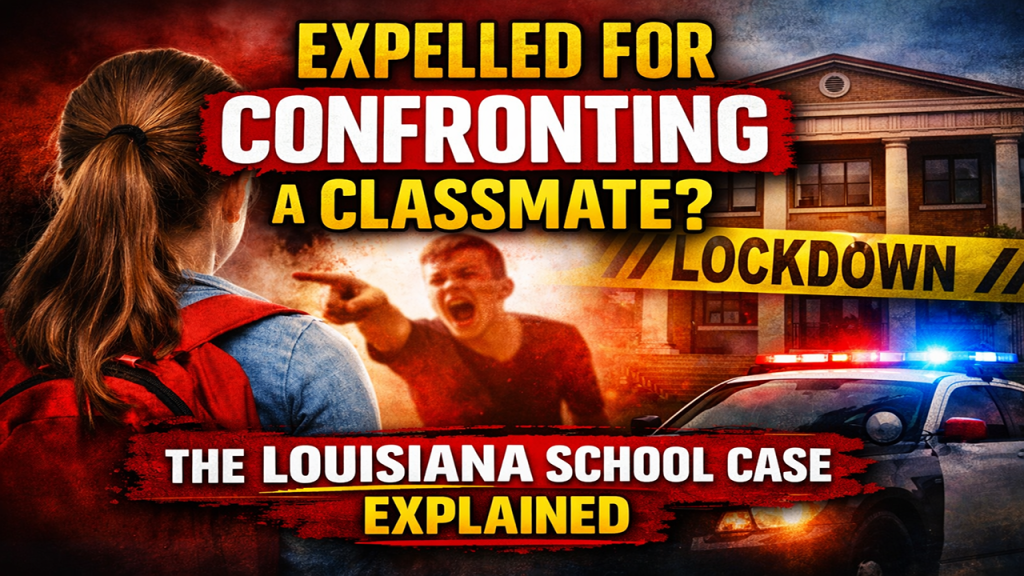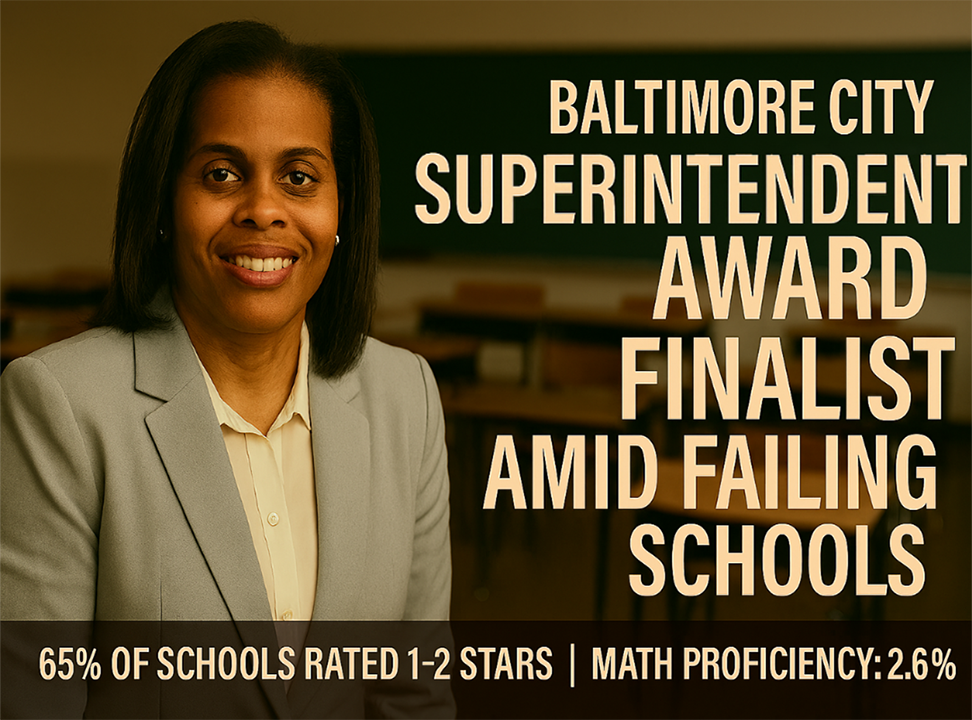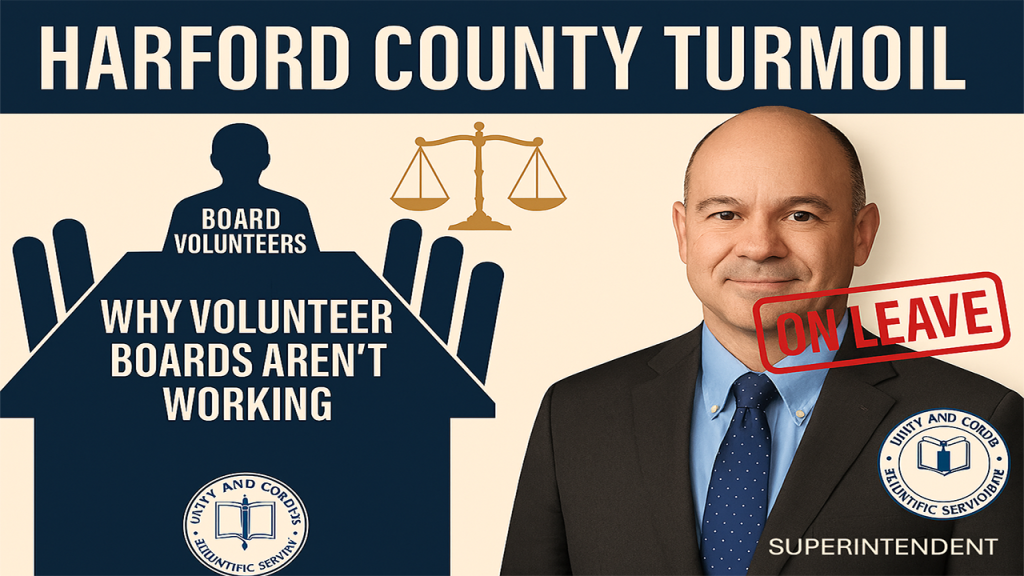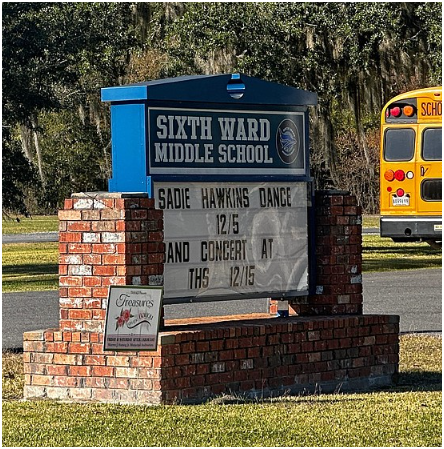
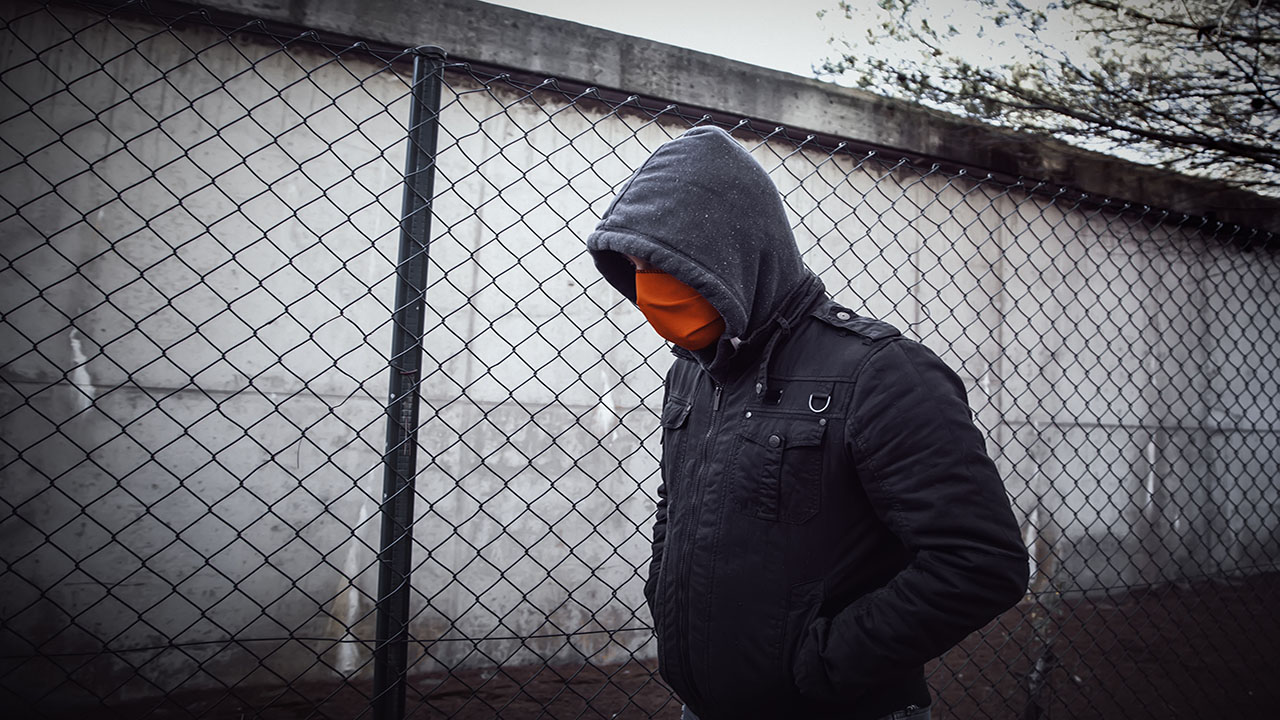
Behind Closed Doors: The Battle to Protect Maryland’s Schools from Juvenile Predators
In the throes of Maryland’s legislative session, a significant issue regarding education has emerged, commanding the attention of lawmakers and constituents alike: the presence of juvenile sex offenders in public schools. Spearheading the charge for reform is Delegate Kathy Szeliga, a prominent figure within the Republican ranks, who has drawn attention to what she perceives as a critical gap in existing legislation, often referred to as the “juvenile sex offender loophole.”
With less than two months remaining in the current legislative session, legislators are actively engaged in crafting and advancing measures aimed at stopping the ability of juvenile sex offenders to physically attend public schools. At the forefront of these efforts is Szeliga’s proposed amendment, which seeks to erect a legal barrier preventing children convicted of rape or felony sexual offenses from accessing public school facilities. Moreover, the amendment mandates that county boards must furnish alternative educational options for individuals subject to its provisions.
The urgency of addressing this issue has been underscored by recent events that have sent shockwaves through the state’s educational landscape. Reports of a juvenile rapist attending Patterson High School without being registered as a sex offender have ignited a firestorm of public outrage and prompted swift action from lawmakers. House Republican leadership has launched inquiries into the Department of Juvenile Services, seeking clarification on the handling of such cases and advocating for stronger safeguards to protect students and maintain the integrity of educational environments.
Amid these deliberations, inquiry into the matter has yielded insights, with responses from lawmakers predominantly aligning with Republican perspectives, emphasizing the imperative of excluding sex offenders from public schools. However, amidst the chorus of voices calling for stringent measures, there are dissenting notes. Some Democrats, like Sandy Bartlett, have advocated for alternative teaching methods tailored to the unique circumstances of juvenile offenders, reflecting a broader spectrum of viewpoints within the legislative arena.
Against this backdrop of public outcry, the halls of the House Judiciary Committee have become the epicenter of deliberation, hosting marathon hearings lasting over 10 hours. Here, Judiciary Committee Chair Delegate Luke Clippinger, a Democrat hailing from Baltimore City, has emerged as a pivotal figure, navigating the complexities of Maryland’s Juvenile Justice system. Clippinger has emphasized the dual imperatives of ensuring safe school environments while simultaneously addressing the educational needs of juvenile offenders, suggesting innovative alternatives to traditional schooling models.
As the legislative session hurtles towards its conclusion, the fate of Maryland’s educational institutions hangs in the balance.
Dig Deeper With Our Longreads
Newsletter Sign up to get our best longform features, investigations, and thought-provoking essays, in your inbox every Sunday.
The MEN was founded by John Huber in the fall of 2020. It was founded to provide a platform for expert opinion and commentary on current issues that directly or indirectly affect education. All opinions are valued and accepted providing they are expressed in a professional manner. The Maryland Education Network consists of Blogs, Videos, and other interaction among the K-12 community.
Recent Video
Recent Articles
No results found.




